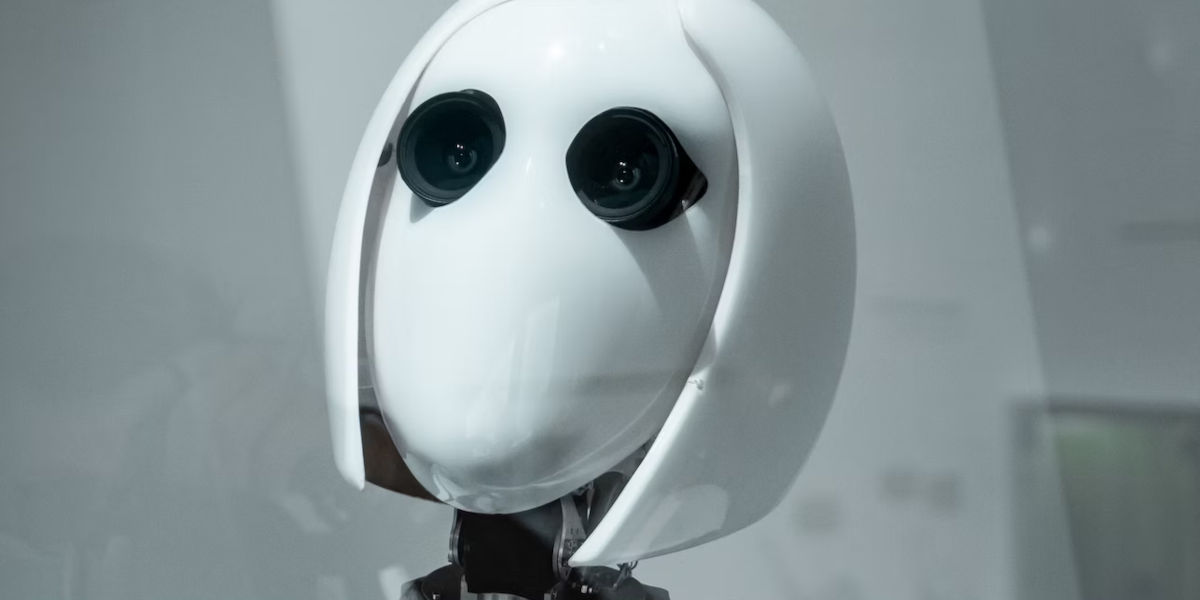From consultation to recovery, healthcare management relies heavily on up-to-the-minute information. But in a fast-paced world, staying updated, managing patient data or applying the latest research results can be a challenge. Fortunately, the rise of AI in healthcare stands as a solution. With technological advancements and sophisticated algorithms, AI is poised to revolutionize the healthcare industry, bringing an array of benefits that empower both healthcare providers and the patients they serve.
Understanding the Role of AI in Healthcare
Though AI may seem like a buzzword, it's far from an abstract concept. In its most fundamental form, artificial intelligence applies advanced algorithms and computational techniques to mimic human intelligence. When applied to healthcare, it functions gracefully to engage with patients, perform diagnostic tasks, simplify administration duties, and more—ushering in an era of unprecedented convenience and efficiency.
Benefits of AI in Healthcare: Adding Value for Providers and Patients
The benefits of AI in healthcare are truly game-changing. By automating several routine tasks, it has the power to lighten the workload of healthcare providers, thereby allowing them to devote more time to patient care. AI plays an integral role by functioning as an intelligent assistant—efficiently sifting through patient data, analyzing complex medical reports, and offering proactive solutions for patient treatment and intervention.
Not only does AI streamline administrative tasks, but it also plays a pivotal role in predictive medicine. By examining patterns in patient records and medical history, AI can predict possible complications or risks, prompting timely medical intervention. This early detection can significantly increase the chances of positive patient outcomes, reduce the cost of treatment, and dramatically improve the overall quality of healthcare.
How is AI Transforming Healthcare?
So, how exactly is AI transforming healthcare as we know it? It's happening both behind the scenes and at the forefront of patient care—and it's affecting everyone from small clinic doctors to surgeons at major hospitals. Let's take a deeper look...
Applications of AI in Healthcare
AI has been integrated into various areas of healthcare. One of the most notable applications is in diagnostics. AI algorithms are used to carry out preliminary assessments of medical images such as X-rays, CT scans, and MRIs to identify potential abnormalities. This does not mean human doctors are redundant, rather the technology acts as a second pair of eyes, aiming to reduce human error.
Moreover, AI is revolutionizing remote patient monitoring and telehealth. Smart devices powered by AI can collect and analyze patient data continuously. They provide real-time updates on a patient's health status, allowing earlier detection of potential problems. AI can also enable personalized treatment strategies by analyzing an individual's medical history and aligning it with current symptoms.
AI can also lend its services in drug discovery and development. The process for new drug discovery often goes upto a couple of decades. AI shortens that time frame by quickly sorting through existing drug combinations and genetics to find potential matches for different conditions.
Integration of AI into surgical robots to carry out complex procedures with greater precision than their human counterparts is another paradigm shift. These machines can simultaneously record and relay data – improving surgical techniques for future operations.
A Second Opinion, Not a Replacement
Such sophisticated tools and techniques have caused a stir, challenging the role of the traditional healthcare professional. However, AI systems should be seen as tools to enhance the abilities of healthcare providers rather than replace them.
The insertion of AI into the medical field has indeed improved the accuracy and efficiency of procedures, but it is currently unable to match humans when it comes to ethics, decision making in ambiguous situations, and relationship building with patients. Thus, AI can work alongside human doctors, not replace them.
Challenges and Future Developments
Despite AI’s promising future in healthcare, challenges remain. There are many ethical and legal considerations, relating to privacy, consent, and liability, which need to be addressed. There needs to be a clear understanding of how AI makes decisions, ensuring its transparency and accountability.
Nonetheless, with thoughtful governance and a collaborative approach between healthcare professionals and technologists, AI can significantly improve healthcare services. The COVID-19 pandemic, for instance, has accelerated the acceptance of remote healthcare and telemedicine, both benefiting greatly from AI applications.
Conclusion
In conclusion, the use of AI in healthcare is transformative. It promises to improve the speed, scale, and accuracy of medical procedures. Yet, it also poses ethical and legal challenges which must be addressed. But one thing is for certain – AI is playing an increasingly crucial role in healthcare and shows the potential to reshape the industry in ways that were previously unimaginable.




